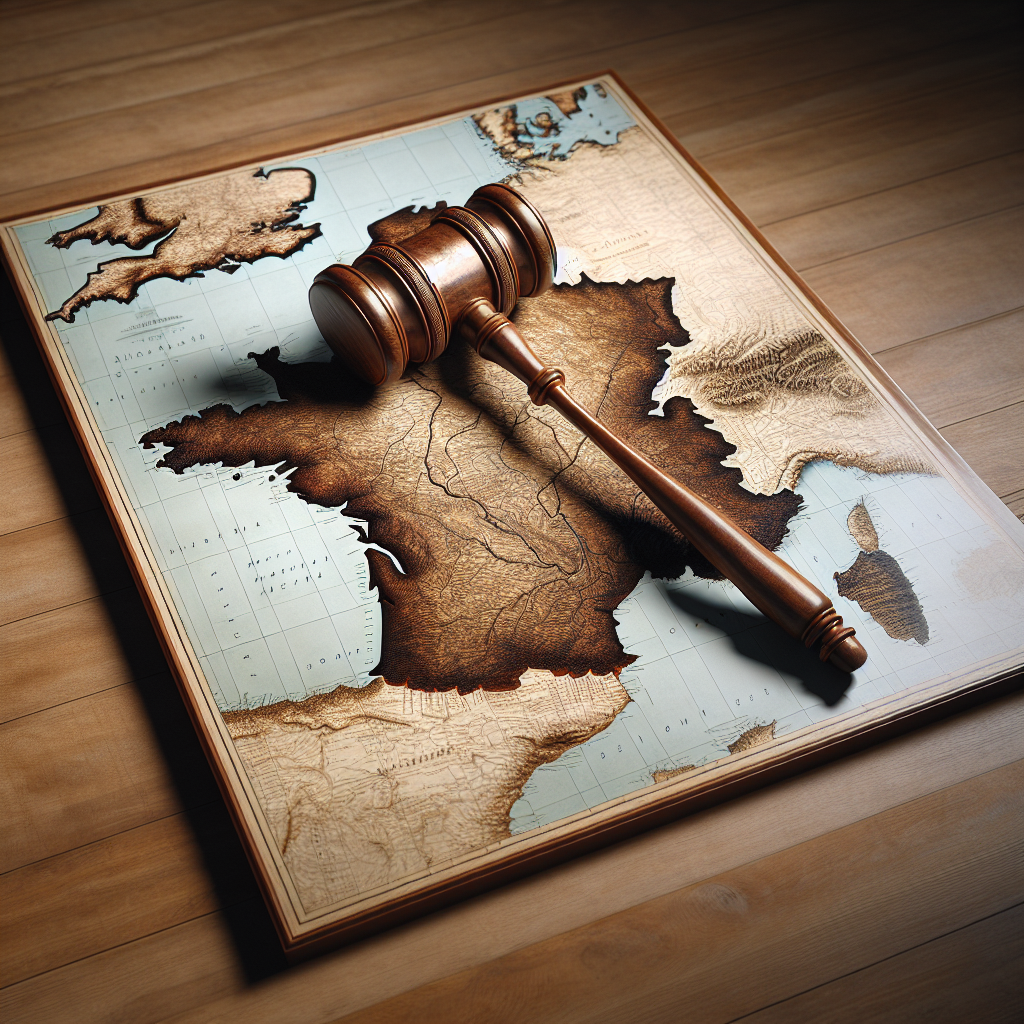President Emmanuel Macron has refused the resignation of France’s Prime Minister Gabriel Attal, asking him to stay on temporarily after a turbulent legislative election left the government in a state of uncertainty. The election’s outcome resulted in a fragmented legislature split among the left, center, and far right, leaving no faction close to the majority needed to form a government. This scenario poses the risk of political paralysis for France, the European Union’s second-largest economy.
Macron’s decision to call an early election was intended to provide clarity, but the results have instead complicated the political landscape just weeks before the Paris Olympics. The French stock market experienced a brief drop before recovering, potentially reflecting market fears of a decisive victory by either the far right or the left.
Voters showed strong reactions in various parts of Paris as the results were projected. Attal, who had offered his resignation, was asked by Macron to continue in his role “to ensure the stability of the country.” However, Attal had expressed disagreement with Macron’s decision to call a surprise election.
The new and returning lawmakers will now engage in challenging negotiations to form a new government. Macron will soon depart for a NATO summit in Washington, leaving behind unresolved talks about who should lead key ministries. The negotiations are expected to be difficult due to the opposing policies and existing enmity among the factions.
France finds itself in an unprecedented situation. Jean-Didier Berger of the conservative Republicans and Aurélien Rousseau of the New Popular Front (a former minister in Macron’s government) both acknowledged the difficulties ahead. Rousseau emphasized the need for time and discussion within the leftist alliance to reach compromises.
Jérôme Guedj of the French Socialists underlined that the leftist alliance would not succumb to pressure to hastily name a candidate for prime minister. The ramifications of the political deadlock could extend to global issues, including Russia’s invasion of Ukraine and European economic stability.
Official results show the leftist coalition New Popular Front leading with just over 180 seats, followed by Macron’s centrist alliance with more than 160 seats, and the far-right National Rally with over 140 seats. This leaves all three blocs far from the 289 seats needed to control the 577-seat National Assembly.
The election served as a platform for voters to express their discontent with issues such as inflation, crime, and Macron’s governing style. The New Popular Front leaders are urging Macron to let them form the government, proposing extensive public spending programs and significant policy shifts. However, there is uncertainty about who within the left could lead without alienating key allies.
Macron has warned that the left’s proposed economic policies could be disastrous given France’s debt concerns. The hung parliament is unfamiliar territory for France, raising questions about how governance will proceed. Many voters expressed relief at averting an outright victory for the far right but remain anxious about the future.
The far right remains undeterred by the election results, seeing it as progress and a step towards future victories. The election campaign was marred by incidents of racism, antisemitism, and even physical attacks on more than 50 candidates, signaling heightened tensions in France’s political climate.
Unlike other European nations, France lacks a tradition of coalition governments, making this political transition particularly challenging. The centralized nature of decision-making in Paris adds another layer of complexity to forming a stable government under these new conditions.
